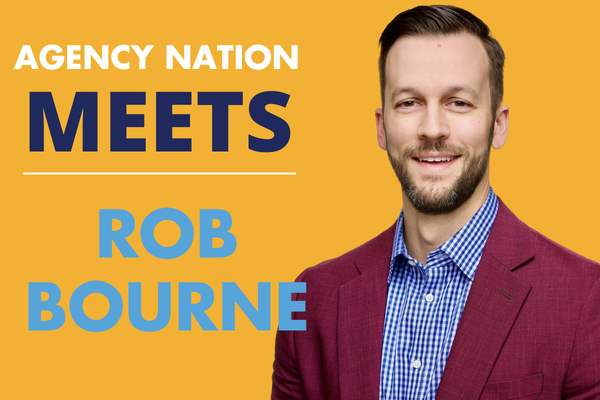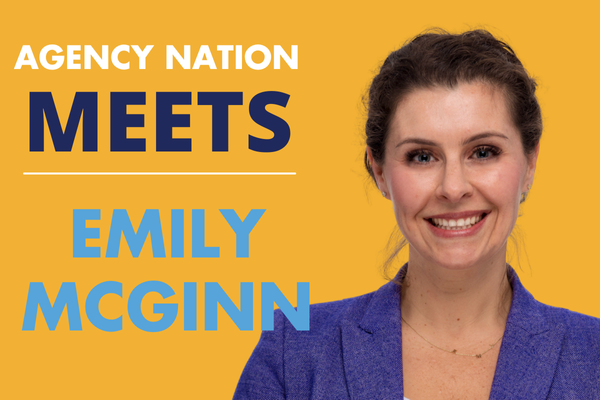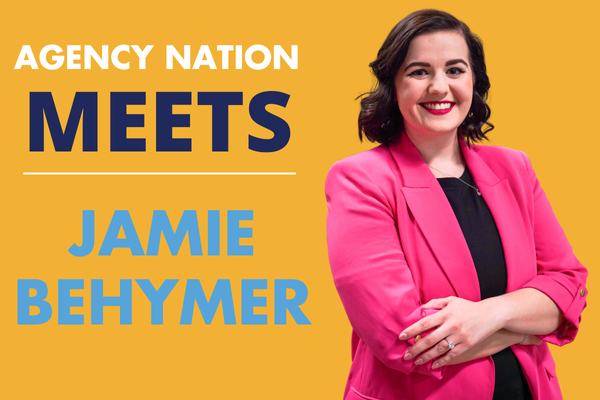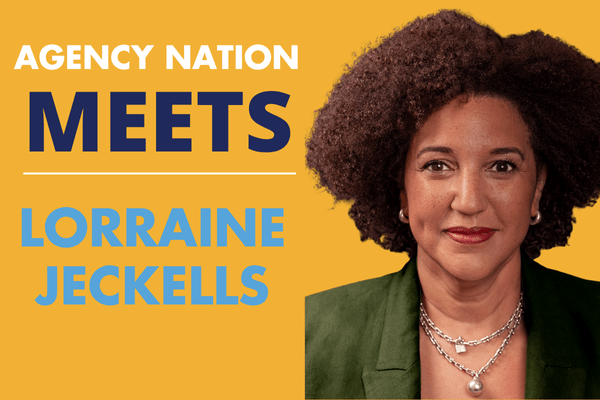Why the Fate of the U.S. Supreme Court Matters for Small Business

By: Dave Evans
What’s the fate of the U.S. Supreme Court?
Independent agents remember the cacophony of different perspectives regarding whether the Supreme Court would deem the Affordable Care Act’s (ACA) provisions—specifically the “individual mandate”—constitutional. The ACA survived in a 5-4 decision, based on the majority opinion that it was a tax and hence, constitutional.
Today, the uncertainty of the Supreme Court’s future composition has similarly significant business implications.
For example, Dow Chemical cited “uncertainties” in its decision to settle a lawsuit rather than proceed to the Supreme Court. On Feb. 26, Dow Chemical settled a class action lawsuit for $835 million. In its statement, the company said, “Growing political uncertainties due to recent events within the Supreme Court and increased likelihood for unfavorable outcomes for business involved in class action suits have changed Dow’s risk assessment of the situation.”
Amid all the chatter about President Obama’s recent nomination of Judge Merrick Garland to replace the late Justice Antonin Scalia, it’s easy to forget the Supreme Court is still hearing cases. In fact, an important recent case has implications for the health insurance marketplace: Late last month, the Supreme Court ruled that Vermont cannot require health insurers to provide medical claims data. The decision supported Liberty Mutual Insurance Co.’s contention that, since it sponsors a “self-funded” health insurance plan, Vermont’s rules do not apply to the plan due to ERISA’s pre-emption of state laws.
A number of states have tried to chill the climate for companies to sponsor self-funded plans. The predominant perception is that organizations with healthier workforces “skim” these healthy employees from a pool that would lower the overall cost for all employers. A few states have tried to limit a company’s ability to self-fund its medical insurance plans by requiring a minimum employee and/or premium size.
Independent agents provide valuable advice to employers that self-fund their health insurance by:
- Recommending specific and aggregate stop-loss insurance attachment points.
- Preparing RFPs for third-party administrators.
- Performing network evaluations of providers and facilities.
- Overseeing stop-loss renewals.
- Providing claim audits.
- Review employee booklets.
No doubt some states will continue to try to eliminate some employers’ ability to access tools like self-funding to efficiently manage their health insurance costs. In order to maintain a vibrant economy, businesses need a reasonable certainty of the rules that they deal with in order to borrow and invest to grow their livelihoods. Given the number of government regulatory agencies and their myriad accompanying regulations, courts must often interpret the applicability or constitutionality of those regulations—and, in turn, businesses must often put their plans on hold if they are unsure of the implications.
More attention is heading in the direction of the composition of the Supreme Court as each political party continues to inch closer to naming its presidential candidate. But in the meantime, don’t forget about the important decisions the Supreme Court continues to make every day that could have a dramatic impact on your business and clients.
Dave Evans is a certified financial planner and an IA contributor.










